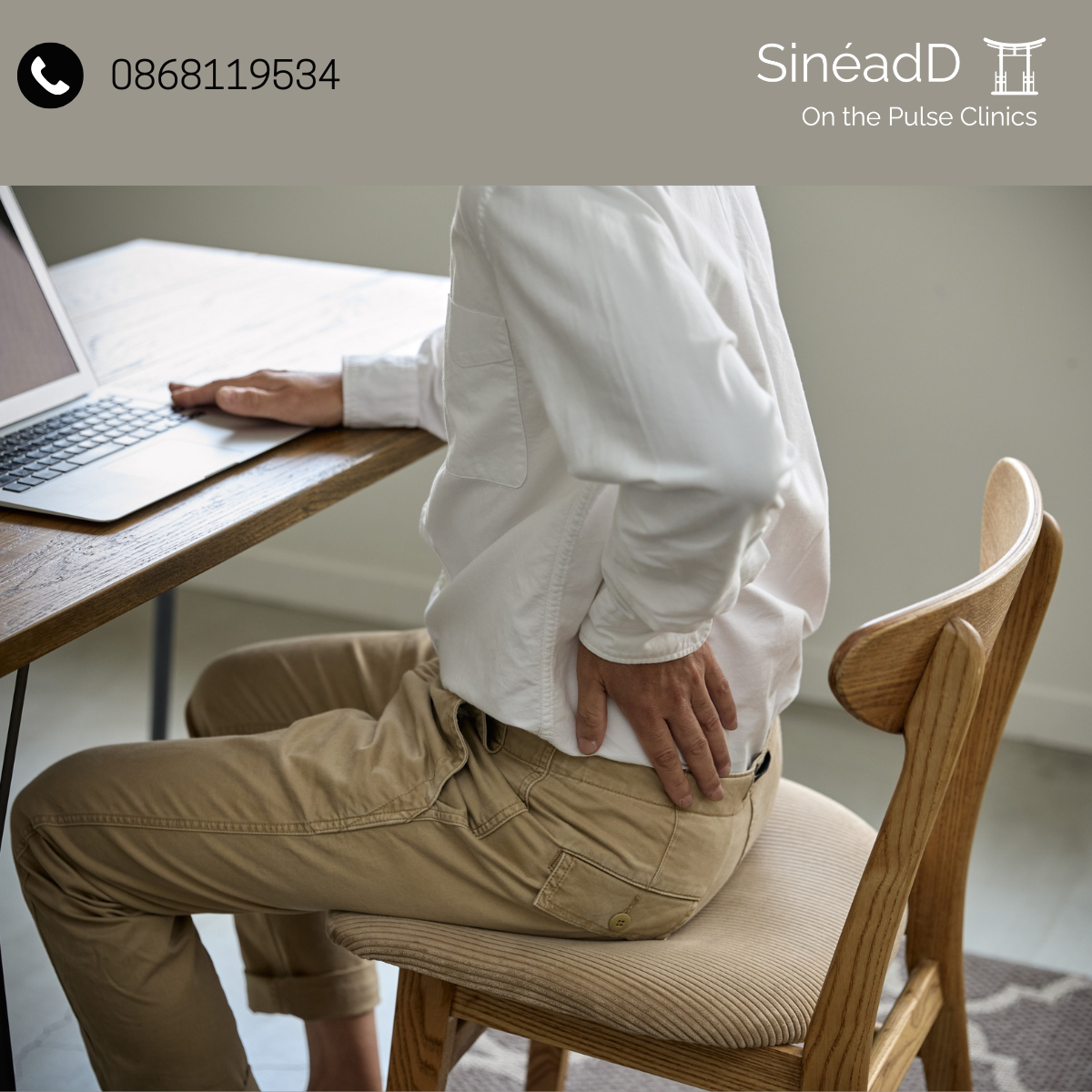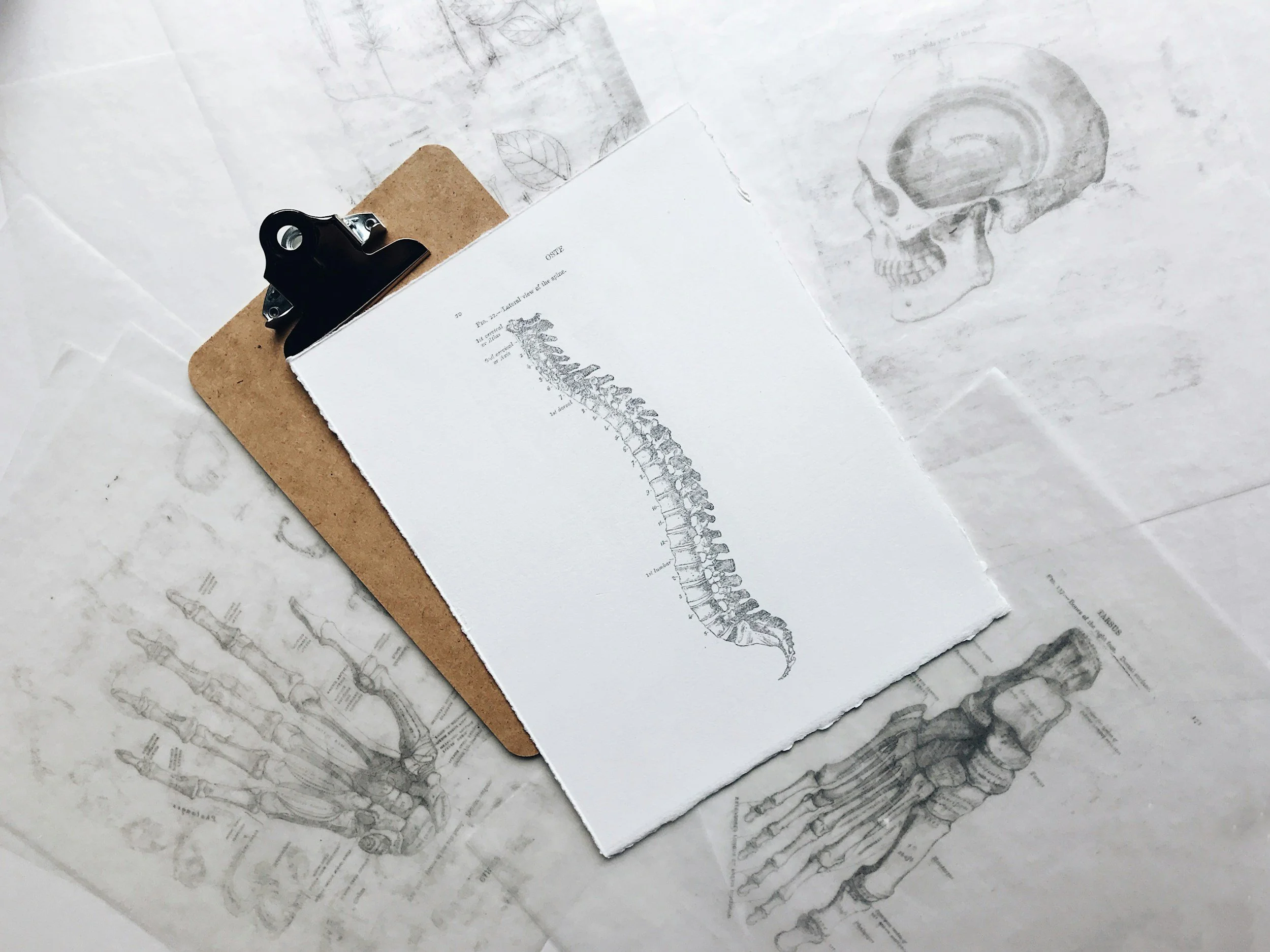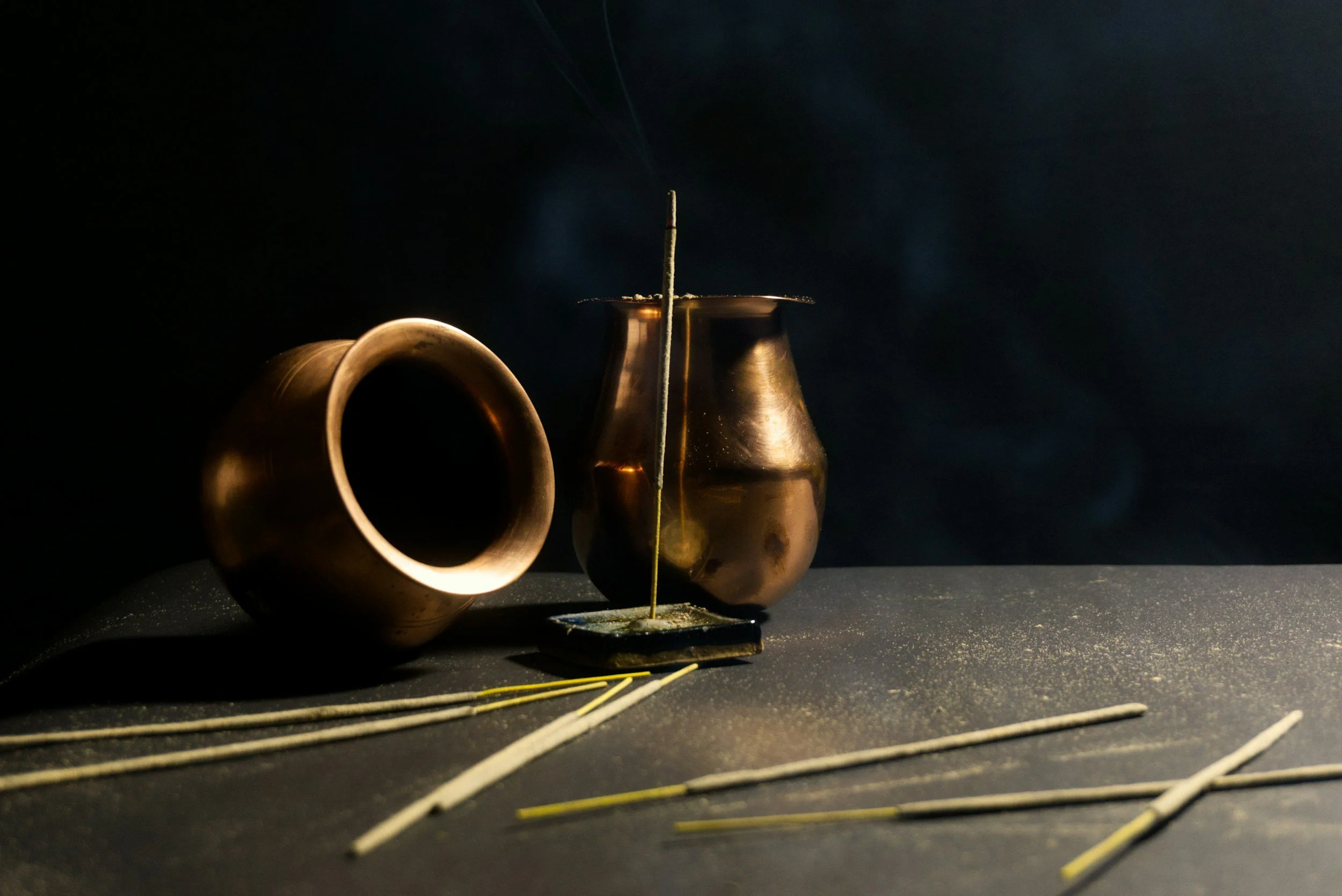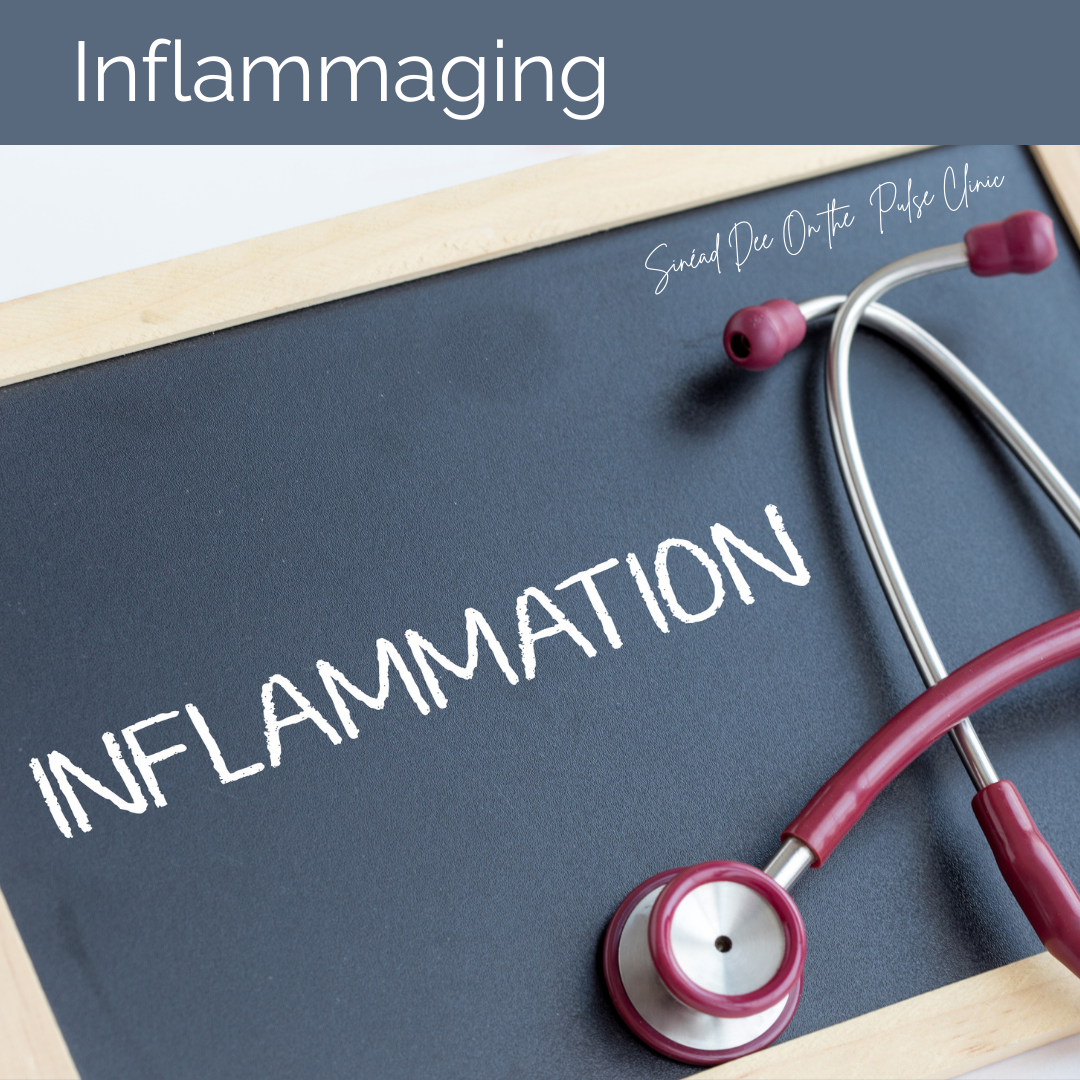
When the World Spins
When my fifteen-year-old Labrador developed acute idiopathic vestibular disease over New Year’s, the illness itself was frightening, but the lack of clear, anchoring information was harder. This article is a lived account of recovery, ageing, the human and animal experience of hospital care, and what our dogs quietly teach us about health, responsibility, and compassion.

Modern Medicine, Strengthened
Modern medicine excels at acute care, but much of today’s clinical work involves chronic, complex conditions that do not fit neatly into guidelines. This article explores how integrative care strengthens modern medicine by addressing multiple physiological systems at once, supporting better outcomes and quality of life for patien

Integrative Heart Care: How Chinese Herbal Medicine Supports Arrhythmia Management
Combining Chinese herbal medicine with conventional care may improve conversion rates and reduce premature beats in arrhythmias. Clinically, we also see meaningful improvements in sleep, energy, anxiety, and patient engagement. This article explores the research, mechanisms, and benefits of integrating herbs like Shensong Yangxin and Xin Su Ning into cardiovascular care.

Living With Chronic Illness: When Health Becomes a Full-Time Job
Living with a chronic or life-limiting illness can feel relentless. Between symptoms, appointments, and side effects, there are no real days off. This article explores the hidden emotional load of long-term illness and how acupuncture and Chinese herbal medicine can help create calm, reduce fatigue, and ease the strain of daily management.

When Osteoarthritis Doesn’t Fit the Story You Expected
Even lifelong athletes can develop osteoarthritis when long-term stress overrides the body’s repair systems. Regular acupuncture reduces inflammation, eases pain and restores calm physiology — the foundation for staying active and protecting your joints for the future.

When the Body’s Peacemakers Falter: How Acupuncture and Chinese Herbal Medicine Support Immune Regulation
The 2025 Nobel Prize in Medicine recognised discoveries that explain how our immune system prevents “friendly fire.” These findings highlight the role of regulatory T cells in maintaining immune tolerance — a concept that mirrors how Traditional Chinese Medicine views health as a state of internal regulation rather than constant defence.
In practice, acupuncture and Chinese herbal medicine may support this regulation by improving circulation, digestion, and stress physiology, helping the body restore its own control over inflammation.
For clinicians and integrative practitioners, this shared language between immunology and TCM opens valuable opportunities for collaboration. When acupuncture and herbal medicine are used alongside medical treatment, clients with autoimmune conditions often experience better recovery, improved quality of life, and greater resilience.

Acupuncture, Relaxation, and Sleep: Why Treatment Frequency Matters
Acupuncture has measurable effects on sleep, stress, and autonomic regulation. Studies show it can improve insomnia, reduce anxiety, and support pain management. Two sessions in the same week may reinforce these benefits, especially in patients with chronic stress or long-standing sleep issues.

Maintaining Lifestyle Change: Beyond the Initial Health Scare
Health crises often drive patients to change, but sustaining those changes is the greater challenge. Research shows many return to old habits within two years. Ongoing support and integrative care can make healthier patterns last.

Why Acupuncture Could Be the Missing Piece in Back Pain Treatment for Over-50s
Back pain is one of the biggest reasons people lose independence as they age. Here’s how acupuncture is proving to be a safe, effective option for over-50s.

Pain Isn’t Just an Alarm... It’s an Experience Your Whole Life Shapes
Pain is real—but it isn’t a simple read‑out from injured tissue. What you feel is your nervous system’s running commentary on threat, shaped by sleep, stress, beliefs, hormones, movement load, diet, age, and health history. That’s why the same scan or diagnosis can hit different people in totally different ways


Reframing Inflammaging: A Clinical Perspective on Acupuncture, Chinese Herbal Medicine, and Ageing
Inflammaging—a term now well established in the biomedical literature—describes low-grade, persistent inflammation that accumulates with age. It underpins many of the chronic, non-specific symptoms we see in older patients: fatigue, musculoskeletal pain, poor sleep, digestive slowing, and decreased resilience.
These symptoms often present before frank pathology is measurable, making early intervention both difficult and crucial. This is where Traditional Chinese Medicine (TCM)—particularly acupuncture and Chinese herbal medicine—offers a valuable, evidence-aligned framework.

⚡ Pain, Fatigue & Mitochondrial Crosstalk
Low-grade chronic inflammation in ageing patients quietly sensitises pain receptors and disrupts mitochondrial energy production. This results in a clinical constellation often seen in older adults:
Persistent, nonspecific muscle or joint pain
Reduced physical resilience and easy fatigability
Non-restorative sleep and heightened sensory sensitivity
“Idiopathic” fatigue that doesn’t respond to conventional therapies
Emerging biomedical evidence highlights a bidirectional relationship: inflammation impairs mitochondrial function → lower ATP output → more reactive oxygen species (ROS) → further inflammation → more mitochondrial damage. This vicious cycle underpins syndromes like fibromyalgia, chronic fatigue, and frailty.

Vascular Ageing and Endothelial Dysfunction
Inflammaging—the chronic, low-grade inflammation that accompanies ageing—is now widely recognised as a key contributor to vascular stiffening, endothelial dysfunction, and microvascular deterioration….TCM does not treat these changes symptomatically. Instead, it works systemically—restoring the functional relationships between organs, enhancing microcirculation, and addressing the root causes of degenerative vascular change.

Inflammaging: Chronic Inflammation, Tissue Breakdown, and the TCM Perspective
Inflammaging is more than a theory—it's increasingly recognised as a driver of degenerative and inflammatory changes in older patients. Here’s how Traditional Chinese Medicine interprets and addresses these changes using targeted, clinically applicable strategies.



Acupuncture Proven Effective for Chronic Pain: What the Research Says
Acupuncture Proven Effective for Chronic Pain: What the Research Says…
